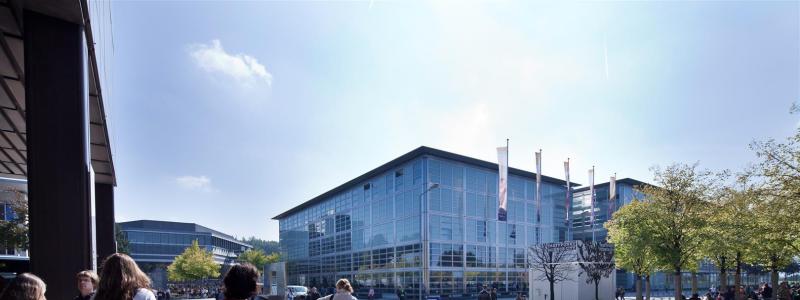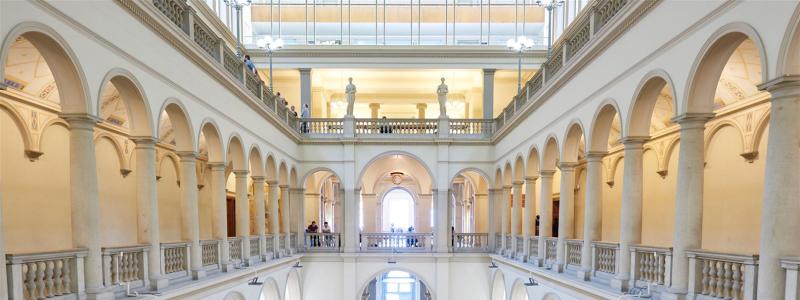ETH Zurich: Einstein's university
Houseofswitzerland.com presents universities and research institutions in Switzerland that are among the best in the world. This time, let’s take a close look at ETH Zurich which regularly appears in world university rankings as the top university in continental Europe.
Did you know that Albert Einstein studied and taught at the Federal Institute of Technology in Zurich (ETH Zurich)? He graduated in 1900 and later returned to teach theoretical physics in 1912. One of two Swiss Federal Institutes of Technology, ETH Zurich has produced 21 Nobel Prize winners. Specializing in natural sciences, engineering, and technology, the Times Higher Education World University Rankings consistently ranks ETH Zurich as the best university in continental Europe. In their current world ranking, ETH Zurich placed 9th making it the first non-Anglo-Saxon university in the top ten.
What is the secret of its success? "Our success is based on the long-term commitment of our people, their values, and the results that they produce," says ETH Zurich President, Lino Guzzella. He continues saying, "Quality is central to everything that we do. ETH Zurich focuses on excellence in teaching and fosters a strong culture of autonomy and trust." He adds that the doors to a university need to be open and this is indeed the case at ETH Zurich. More than 37% of its students and nearly 70% of its professors come from outside of Switzerland. The institution also collaborates with researchers from over 100 universities worldwide.
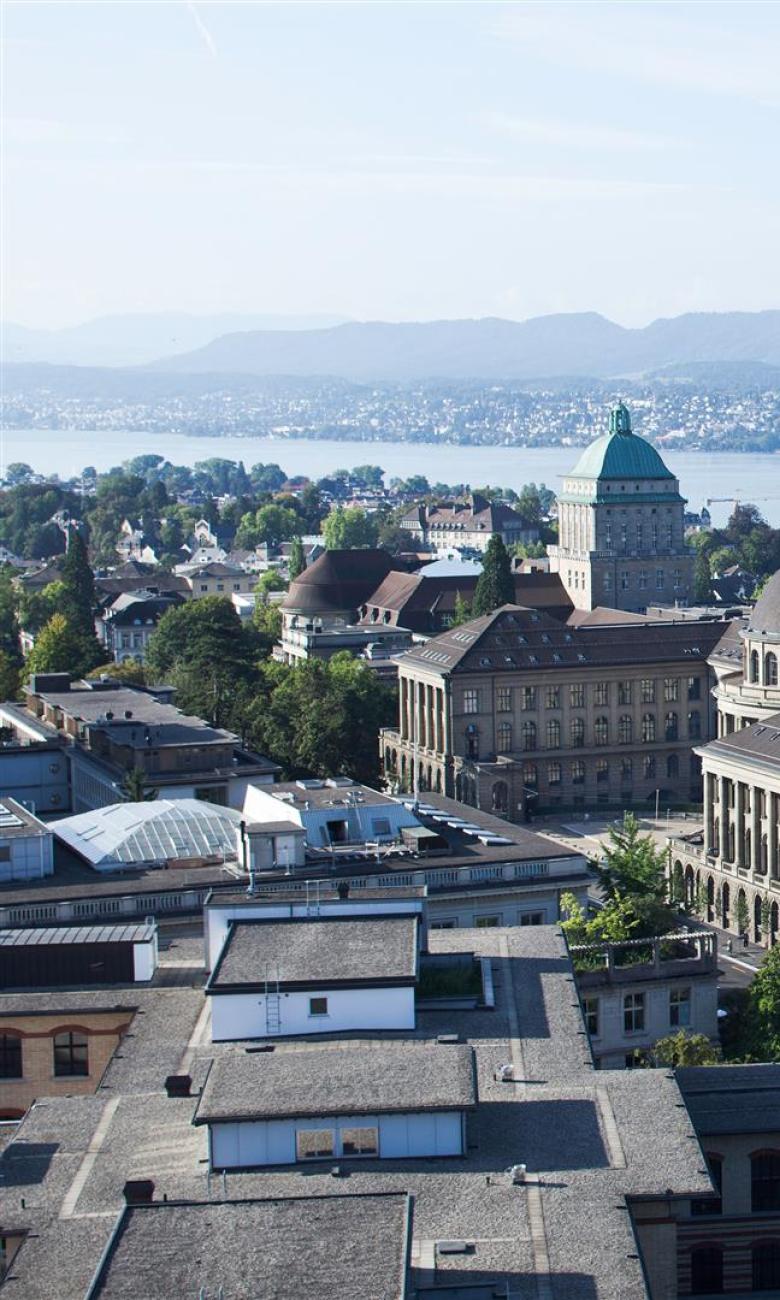
ETH Zurich's international connections are reflected in its more than 8,000 individual research contacts worldwide. In 2010, ETH Zurich established the Singapore-ETH Centre for Global Environmental Sustainability (SEC) in close cooperation with Singapore’s National Research Foundation. The SEC now plays host to the Future Cities Laboratory and Future Resilient Systems programs that involve some 82 researchers and doctoral students from ETH Zurich.
A university grounded in its city, country, and region
As a federal institution, ETH Zurich receives funding primarily from the Swiss Confederation; however, the city and canton of Zurich are key strategic partners. ETH Zurich also maintains close academic and strategic ties with its neighbour - the University of Zurich.
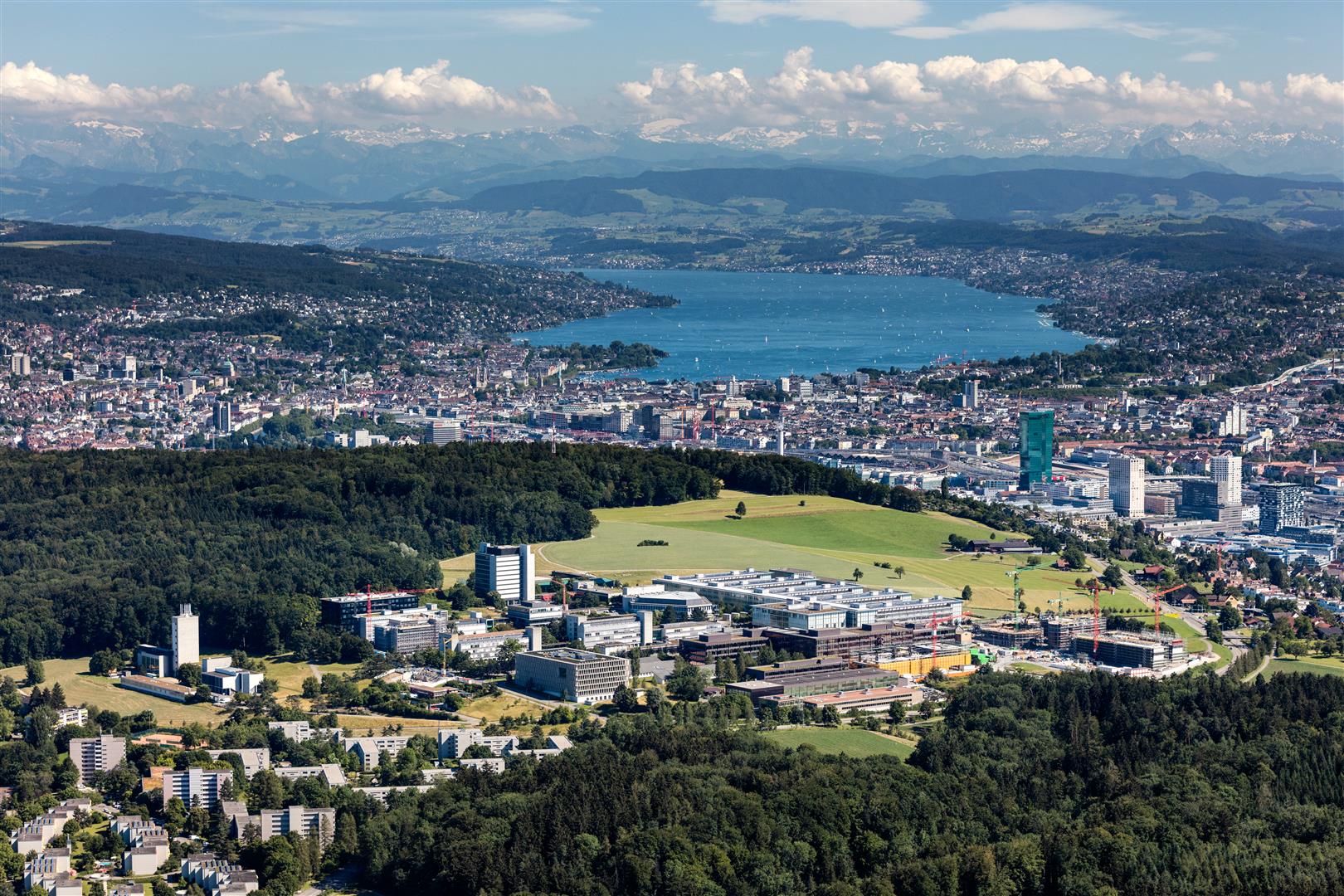
© ETH Zurich/Alessandro Della Bella
Switzerland provides an ideal environment for research and innovation. ETH Zurich benefits from certain conditions inherent to the country. Its central location in Europe, its cultural values, and its high standard of living attract students, professors, and researchers from a highly competitive international talent pool. Referring to external relations with the European Union, Guzzella says, "It is crucial that Switzerland's borders remain open to talented people and that we maintain full membership in the European Research Area."
Social impact
Established shortly after the birth of the modern Swiss federal state in 1848, ETH Zurich's mission was to boost development in the country by teaching the skills needed to build a national infrastructure. The contributions of the university remain as important for Swiss society today as they were back then. Guzzella explains, "We educate approximately 60% of all electrical and mechanical engineers, half of the civil engineers and architects, and 25% of all natural scientists in Switzerland. Many C-level positions in Swiss enterprises are also graduates of ETH Zurich."
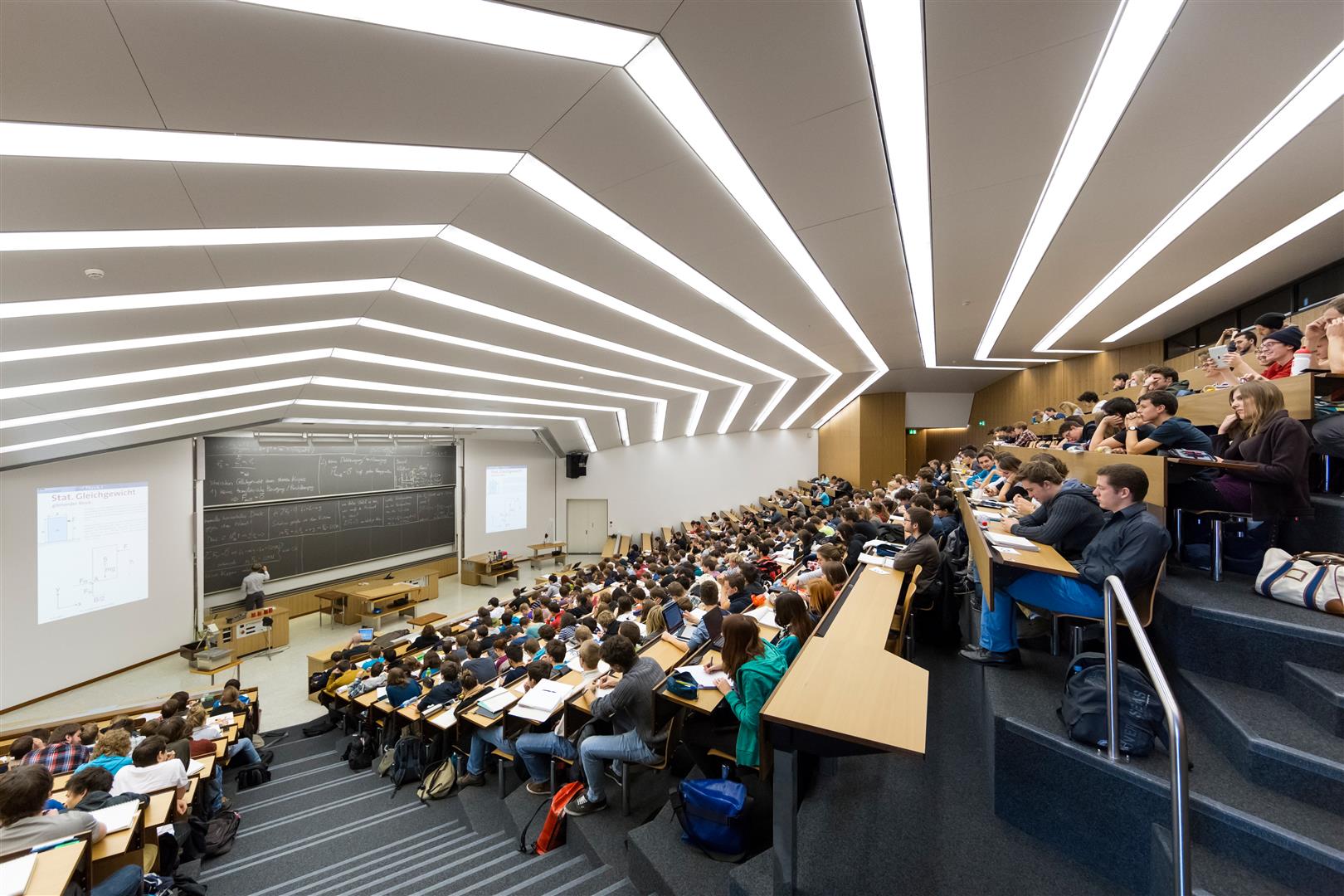
© ETH Zurich/Alessandro Della Bella
Besides education and research, the university's federal mandate involves ensuring the transfer of knowledge to society. To achieve this mandate, ETH Zurich has established a complete support chain to foster knowledge and entrepreneurship among its students. Programmes like the Spark Award for the best patent, Pioneer Fellowships for commercialising research results, and the Innovation and Entrepreneurship Labs at ETH Zurich support start-up companies helping them to network and develop their technology or innovation for the market. The success of these programmes is evident with about 90 new patents and more than 20 spin-off companies founded by ETH Zurich researchers every year.
Disney, IBM, Google
ETH Zurich is also active in the evolving technology 'ecosystem' in Zurich. One example is the Technopark Zurich. Partnered with ETH Zurich, the Technopark brings together approximately 300 companies involved in science, technology and economics. Venture incubator activities for start-ups and research relationships with nearby IBM Research, Disney Research Zurich, Google, and Oracle Labs contribute to an innovative environment. “Google operates its biggest research and development centre outside of the U.S. in Zurich and Disney Research Zurich, located on ETH campus, is Disney’s only corporate research centre in Europe”, says Guzzella.
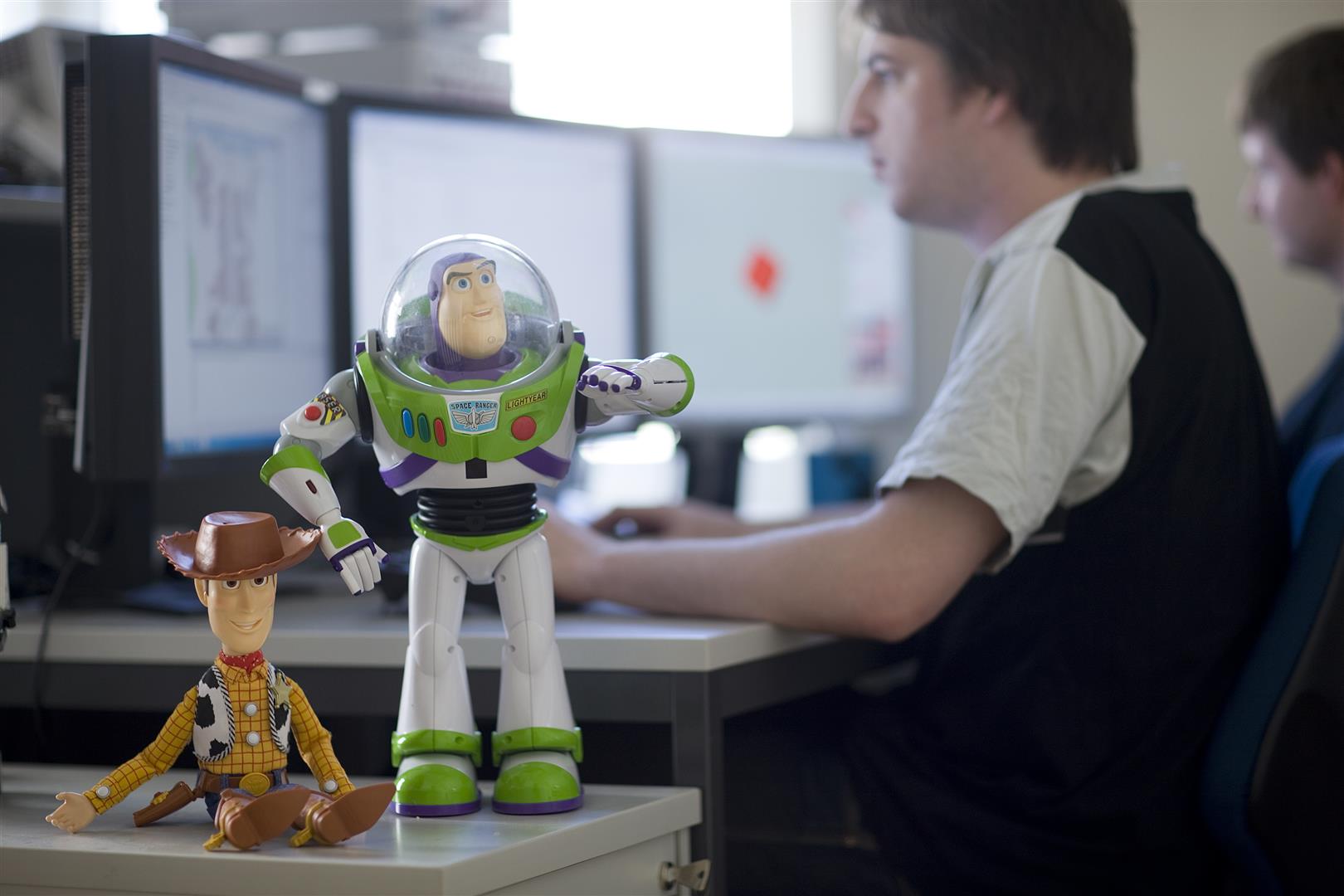
© ETH Zurich/Philippe Hollenstein
As a public institution, the opportunity to study at ETH Zurich is open to anyone with a Swiss baccalaureate certificate or an equivalent foreign diploma. The university does not engage in systematic entrance exams. While this system makes the opportunity for higher education more accessible, it also explains a lower first year success rate compared with other major universities worldwide. In certain cases, candidates with a foreign diploma may have to sit an entrance exam to determine whether they have the necessary skills to complete their chosen field of study. Don't worry if you fall short of your desired mark, even Albert Einstein didn't pass the first time.
